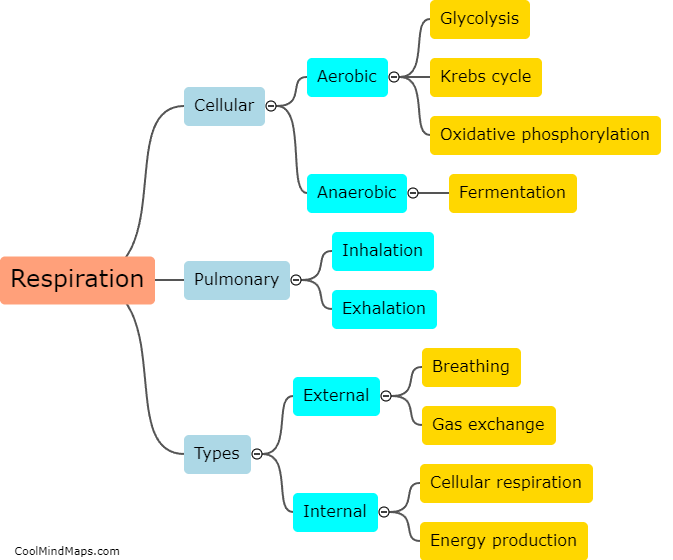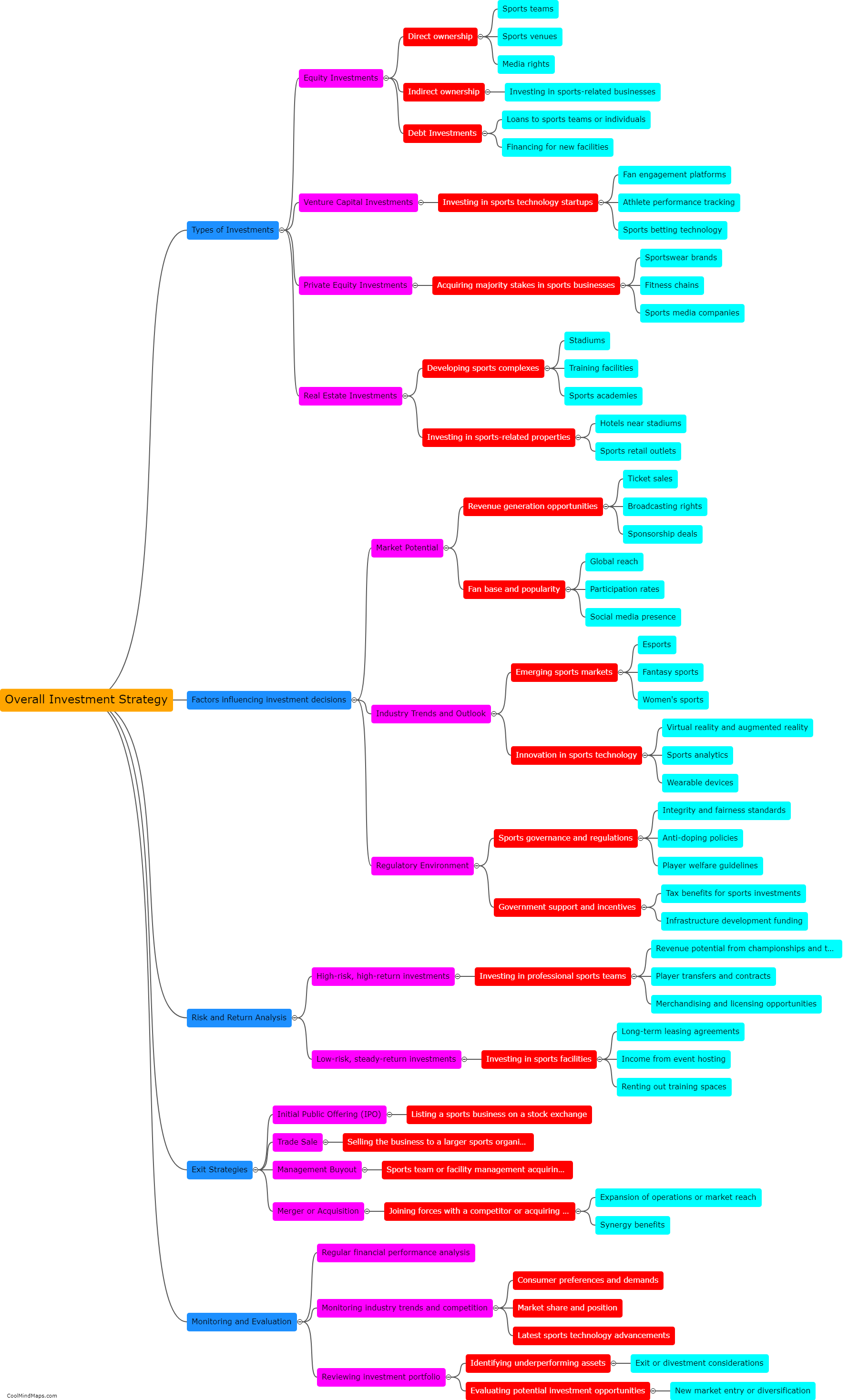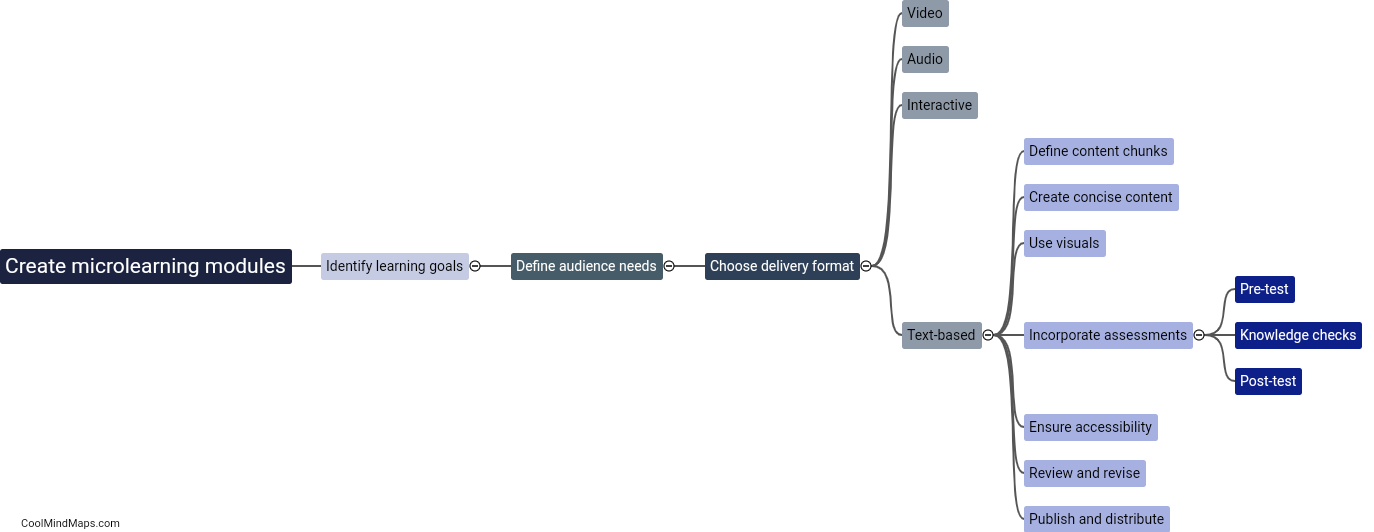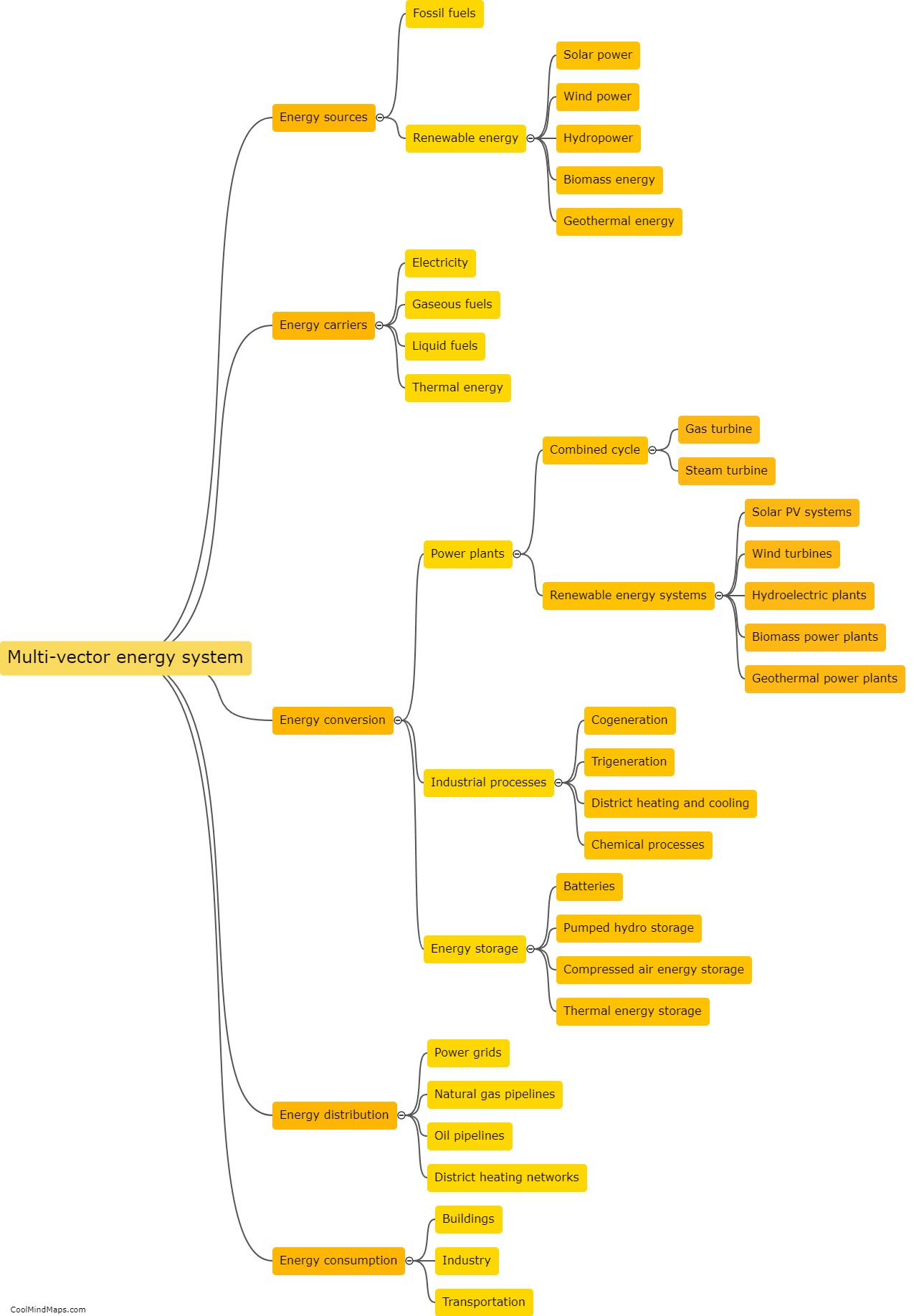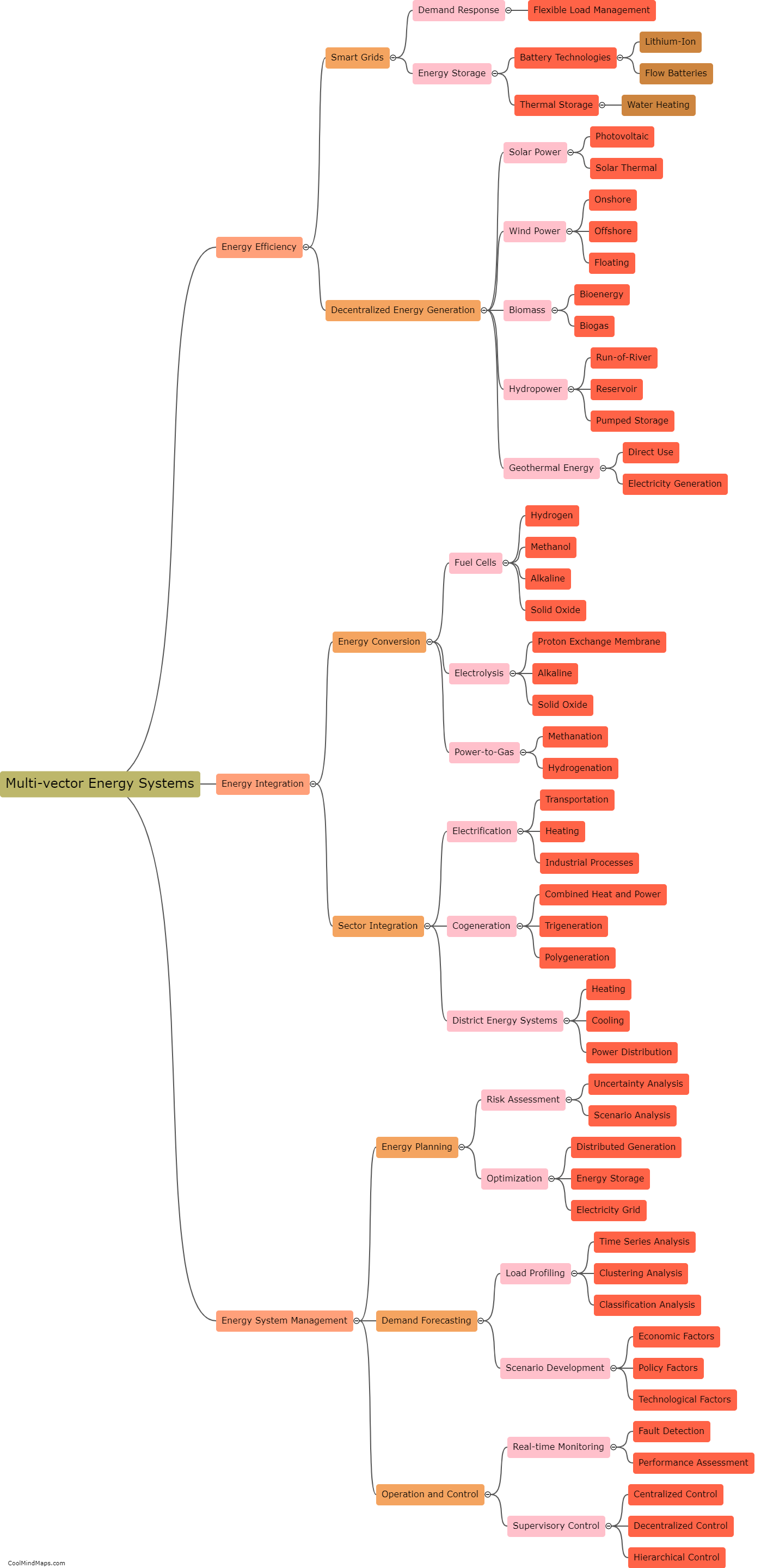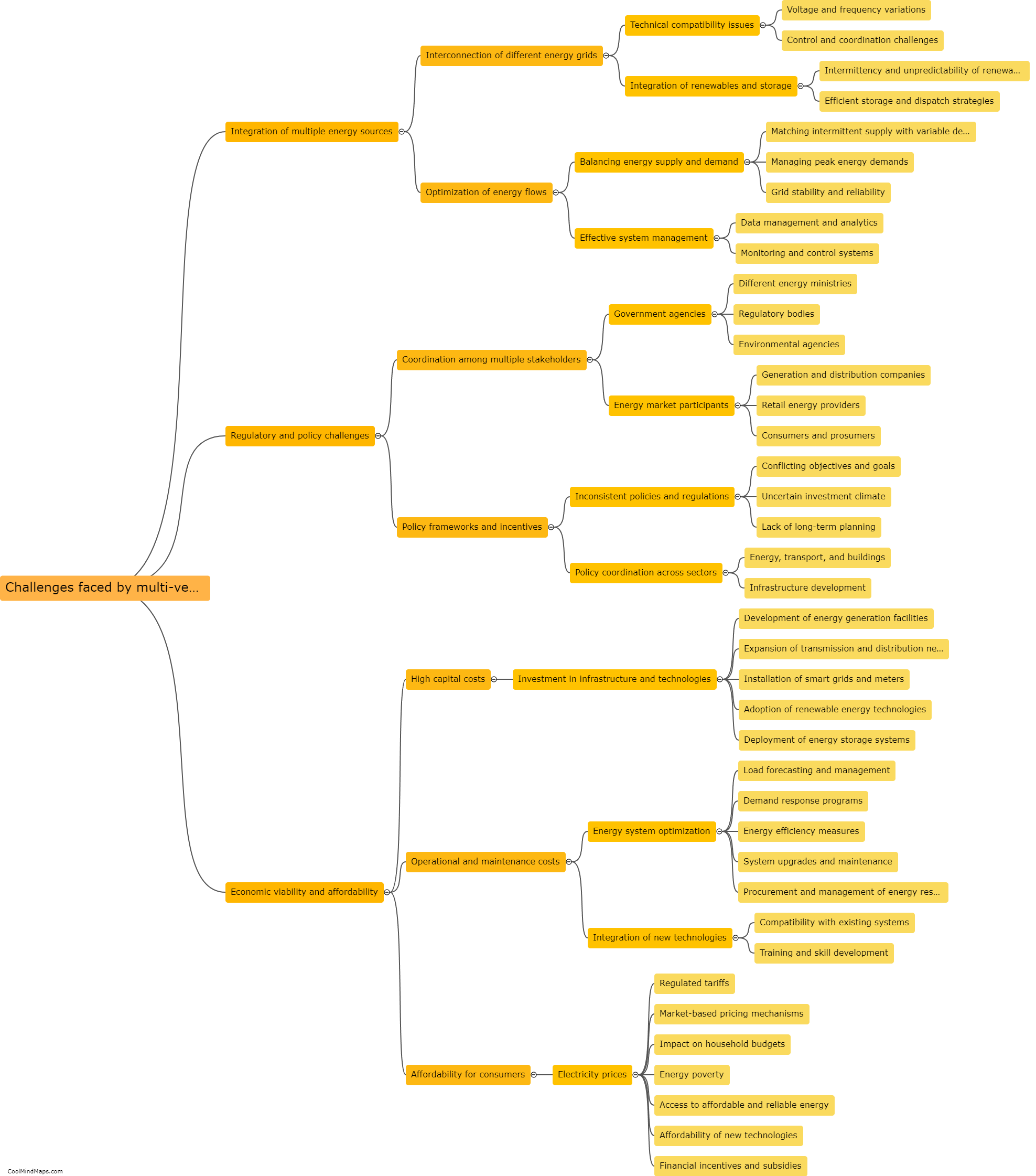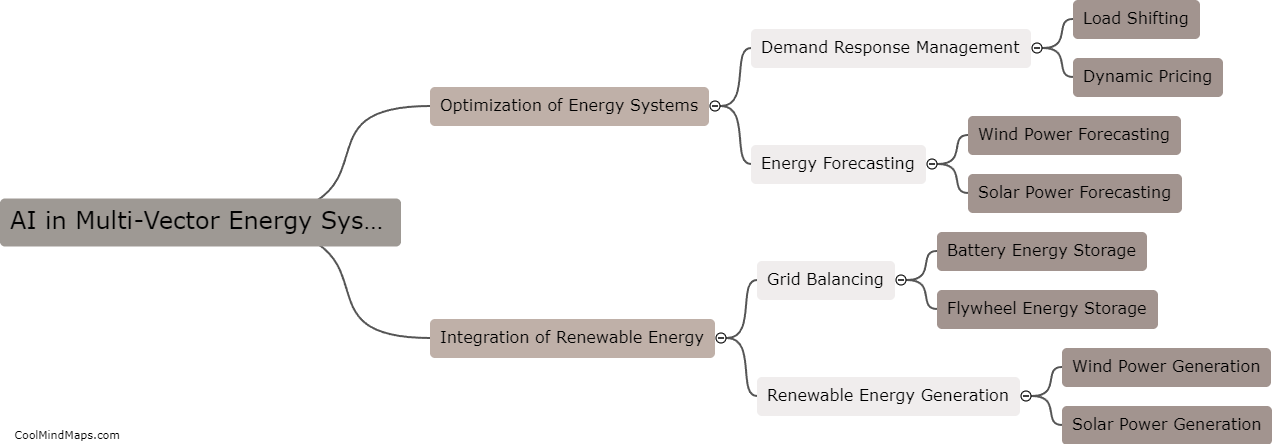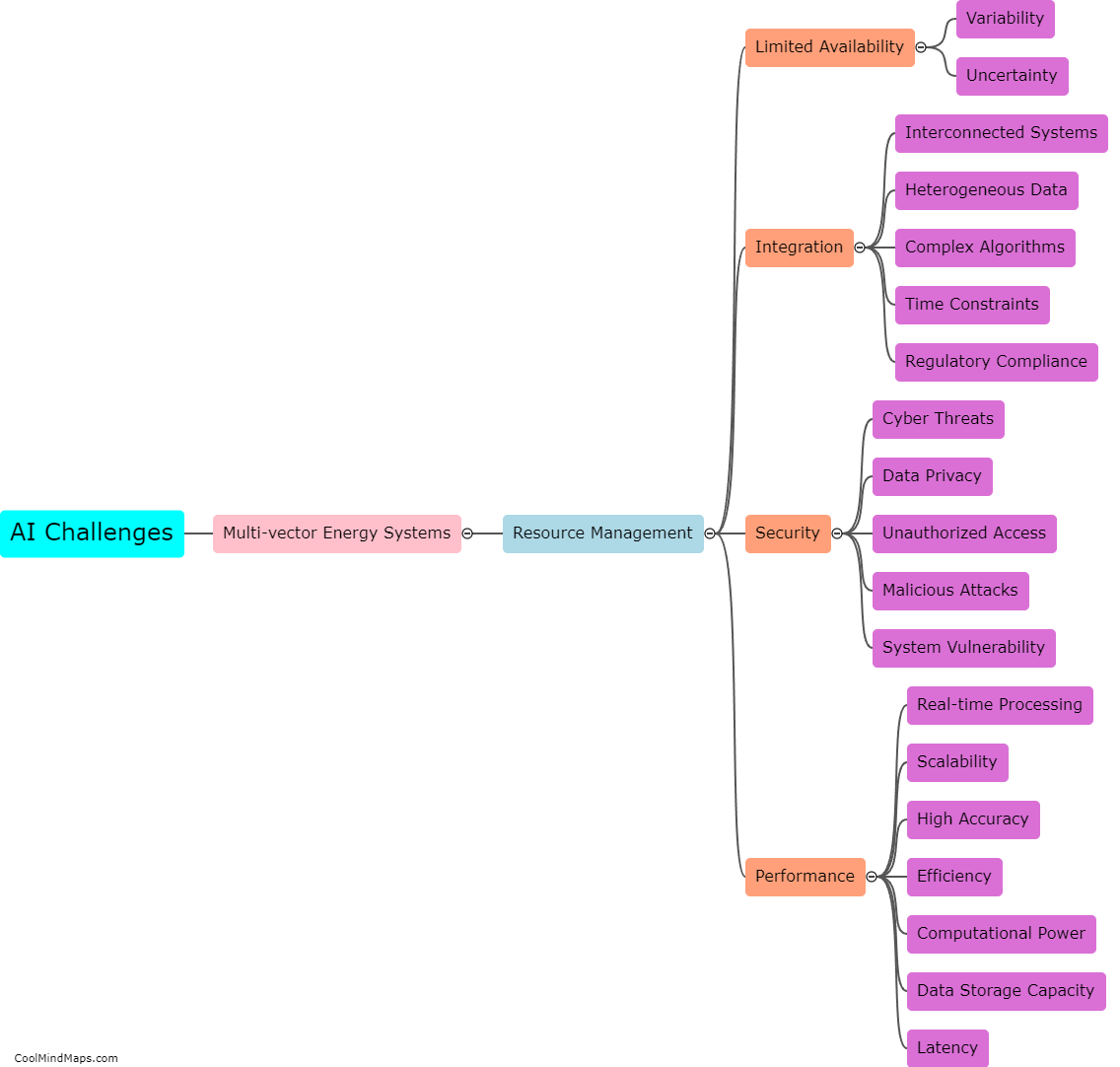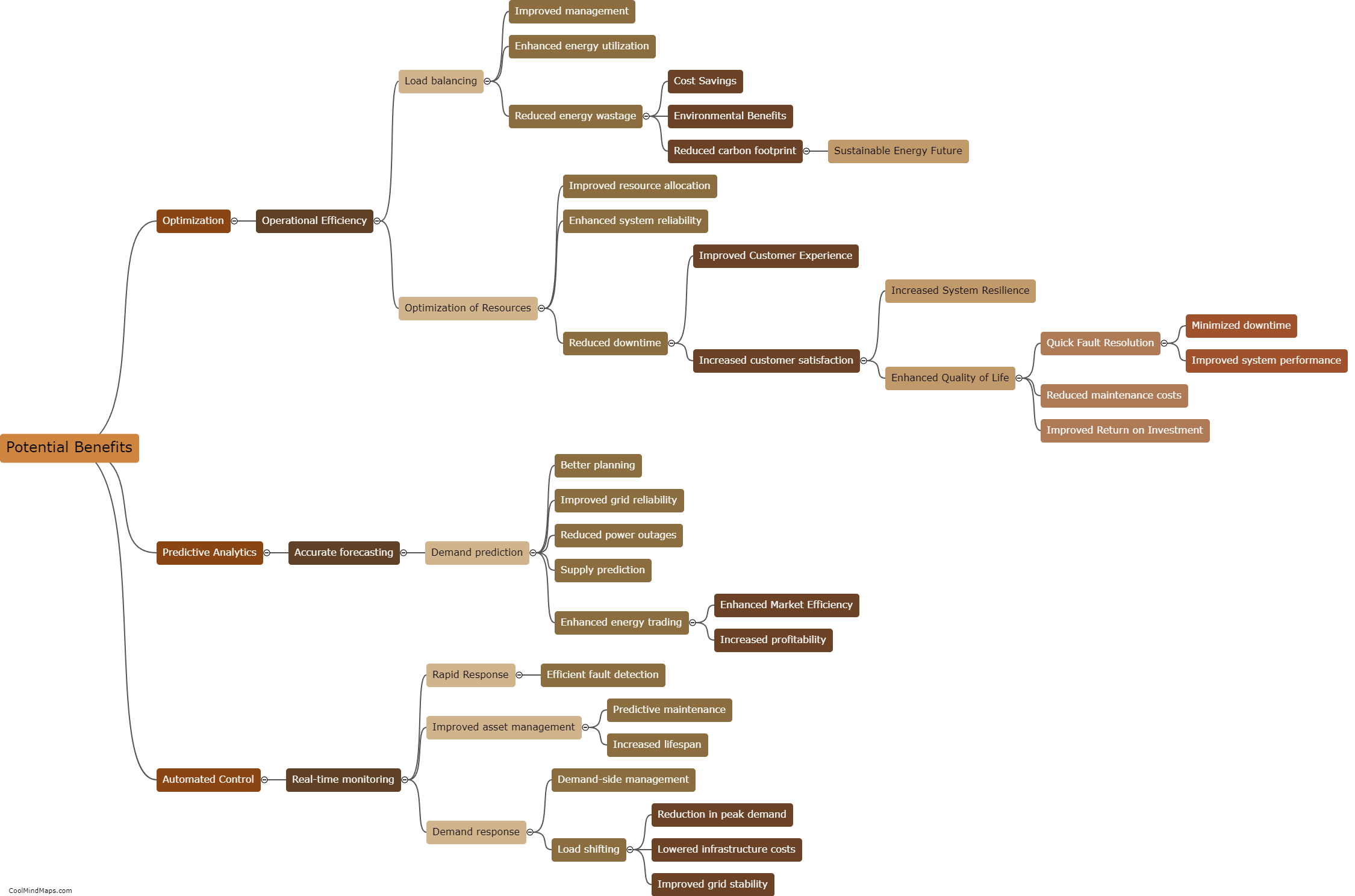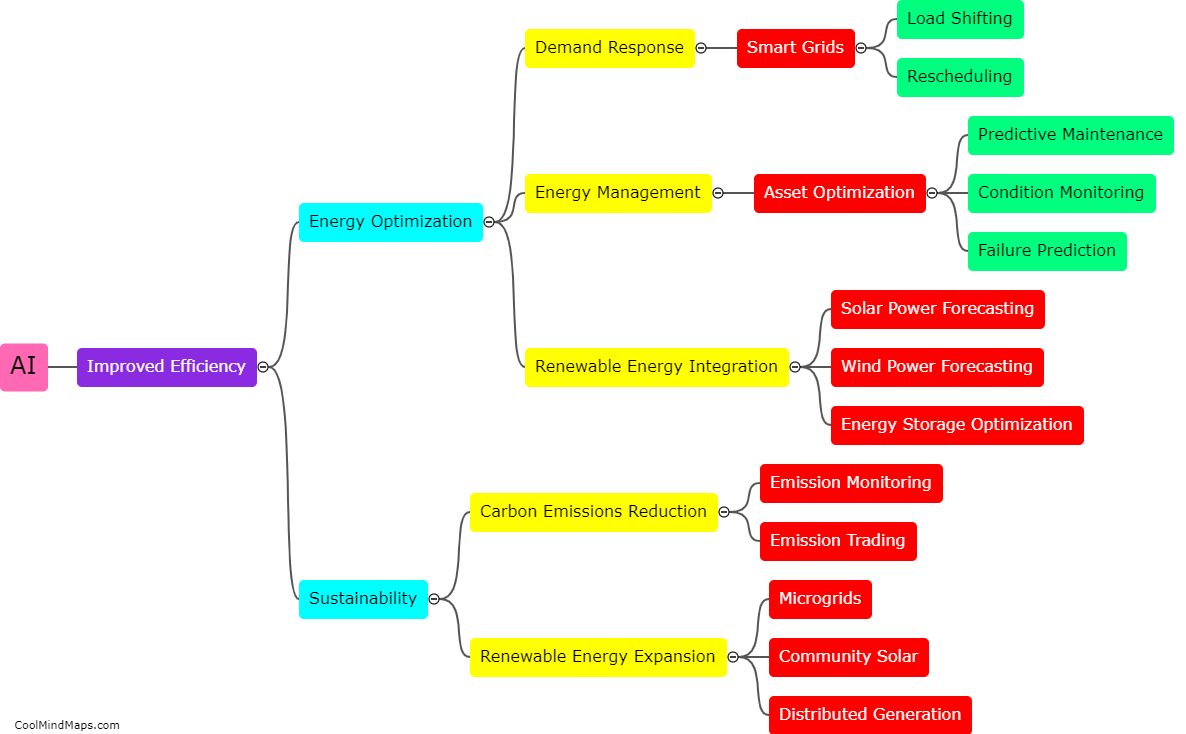How can AI optimize energy generation and distribution in multi-vector energy systems?
Artificial Intelligence (AI) has emerged as a promising tool to optimize energy generation and distribution in multi-vector energy systems. These systems involve diverse sources of energy such as electricity, gas, heat, and transportation fuels, along with various end-use sectors like residential, commercial, and industrial. By leveraging sophisticated algorithms, AI can efficiently analyze vast amounts of data collected from sensors, smart grids, and other sources to optimize energy generation and distribution. AI can predict energy demand patterns, optimize energy generation schedules, and enable the integration of renewable energy sources into the grid. Furthermore, AI-powered algorithms can identify wastage and inefficiencies, enabling proactive measures to reduce energy losses and enhance overall system performance. With its ability to intelligently manage complex energy systems, AI holds great potential for achieving sustainable and efficient energy generation and distribution.
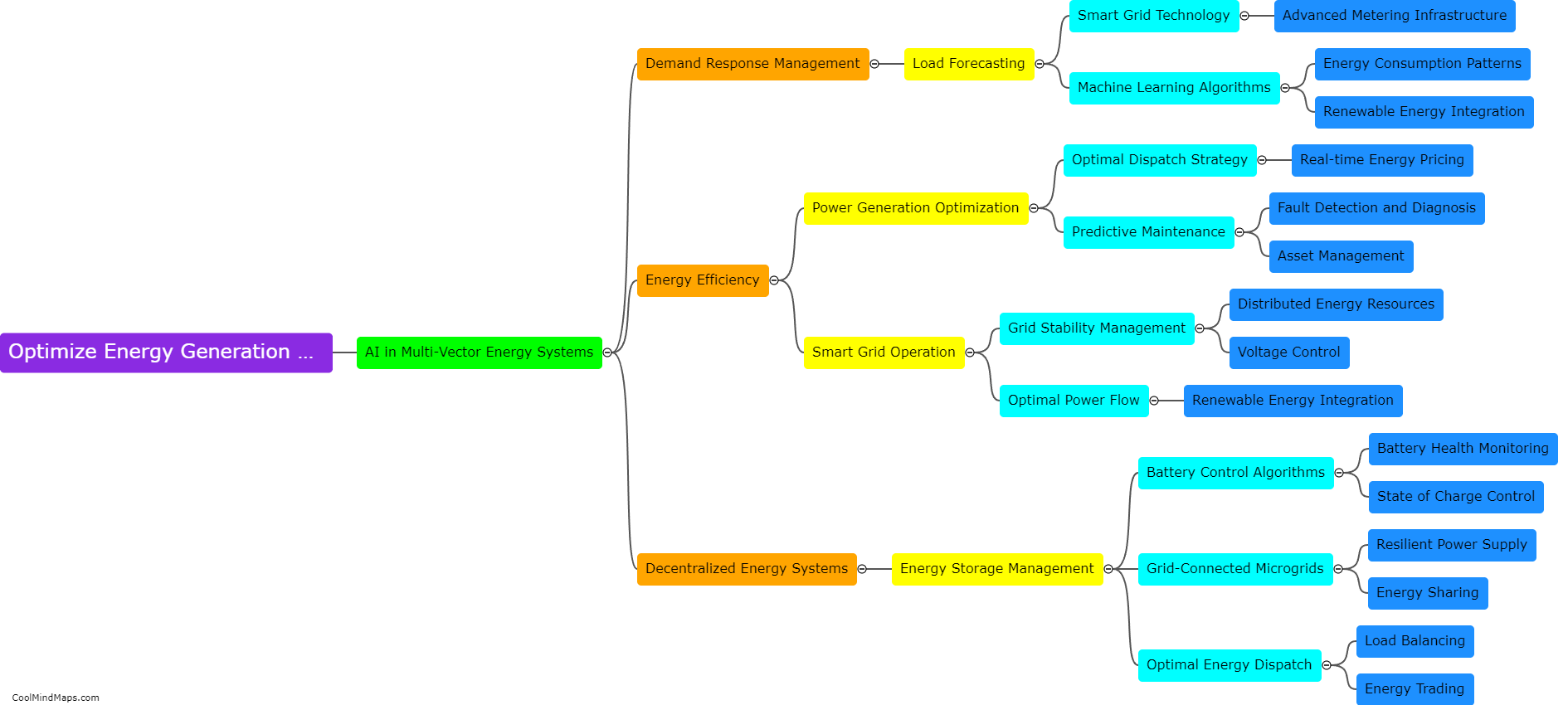
This mind map was published on 26 October 2023 and has been viewed 88 times.
